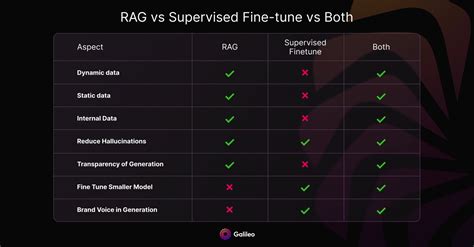The realm of legal education and careers is complex and multifaceted, with various paths that individuals can pursue. Two prominent options are the Master of Laws (LLM) and the Juris Doctor (JD) degrees. While both are rooted in the study of law, they serve distinct purposes and cater to different career goals and educational backgrounds. Understanding the differences between these two degrees is crucial for those navigating the legal academic and professional landscape.
Key Points
- Difference in Purpose: LLM is typically pursued for specialized knowledge, while JD is for becoming a licensed attorney.
- Duration and Curriculum: LLM usually takes a year, focusing on a specific area of law, whereas JD is a three-year program covering a broad spectrum of legal topics.
- Admission Requirements: JD programs require a bachelor's degree and LSAT scores, while LLM programs require a JD or equivalent law degree and often TOEFL or IELTS for international students.
- Career Outcomes: JD graduates are eligible to take the bar exam, while LLM graduates often enhance their specialized legal knowledge for careers in academia, research, or as legal professionals in their home countries.
- International Recognition: JD is recognized in the United States, whereas LLM can be recognized internationally, depending on the country and institution.
Overview of JD and LLM Degrees

A Juris Doctor (JD) degree is a professional doctorate in law that is required to become a licensed attorney in the United States. It typically takes three years to complete and is designed to provide a comprehensive education in law, covering subjects such as constitutional law, contracts, property law, and civil procedure. The curriculum is structured to prepare students for the bar exam and a career in the practice of law.
In contrast, a Master of Laws (LLM) is an advanced law degree that can be pursued after completing a JD or an equivalent law degree from another country. It is usually a one-year program that allows students to specialize in a particular area of law, such as tax law, international law, or human rights law. The LLM is ideal for those who wish to enhance their knowledge in a specific area of law or for international lawyers who want to familiarize themselves with the U.S. legal system.
Admission Requirements and Duration
The admission requirements for JD and LLM programs differ significantly. To apply for a JD program, one typically needs a bachelor’s degree from an accredited institution and a satisfactory score on the Law School Admission Test (LSAT). The application process also involves submitting transcripts, letters of recommendation, and a personal statement.
For an LLM program, the primary requirement is a JD or an equivalent law degree from a recognized institution. International applicants may also need to provide TOEFL or IELTS scores to demonstrate English proficiency. The application process for LLM programs may be less competitive than for JD programs, but it still requires careful preparation and a compelling application package.
| Program | Duration | Admission Requirements |
|---|---|---|
| Juris Doctor (JD) | 3 years | Bachelor's degree, LSAT scores |
| Master of Laws (LLM) | 1 year | JD or equivalent law degree, TOEFL/IELTS for international students |

Career Outcomes and International Recognition

Graduates of JD programs are eligible to take the bar exam in the United States, which is a requirement for becoming a licensed attorney. After passing the bar, JD graduates can pursue a wide range of careers in law, including private practice, government, public interest, and corporate law.
LLM graduates, on the other hand, often use their advanced degree to enhance their career prospects in their home countries or to transition into a specialized area of law. Some may also pursue careers in academia, research, or policy-making. The international recognition of an LLM degree can vary, depending on the institution and the country in which it was earned.
Conclusion and Future Prospects
In conclusion, while both the JD and LLM degrees are significant milestones in legal education, they serve different purposes and cater to different career aspirations. Understanding the differences between these two degrees is essential for making informed decisions about one’s legal education and career path. As the legal profession continues to evolve, the demand for specialized legal knowledge and international legal expertise is likely to grow, making both JD and LLM degrees valuable investments for those interested in pursuing a career in law.
What is the primary difference between a JD and an LLM degree in terms of career outcomes?
+The primary difference is that a JD degree is required to become a licensed attorney in the United States, while an LLM degree is often pursued for specialized knowledge or by international lawyers seeking to understand the U.S. legal system.
Can international students pursue a JD or LLM degree in the United States?
+Yes, international students can pursue both JD and LLM degrees in the United States. However, they may need to meet additional requirements, such as providing TOEFL or IELTS scores to demonstrate English proficiency.
How long does it typically take to complete a JD or LLM program?
+A JD program typically takes three years to complete, while an LLM program usually takes one year.



